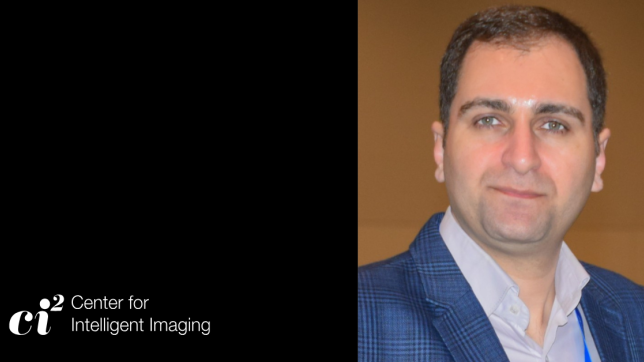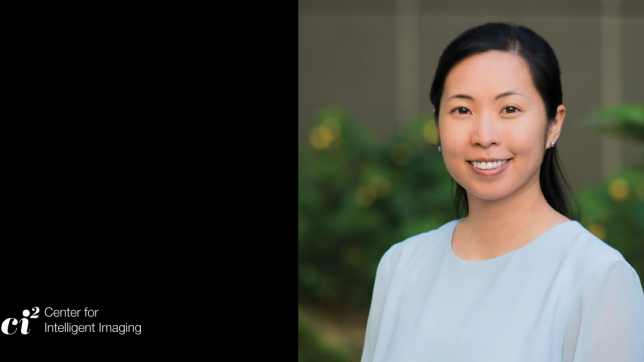Peter D. Chang, MD, a tenured Associate Professor and founding Director of the University of California, Irvine Applied AI Research Center, recently delivered an in-depth presentation on the intricate processes involved in developing, deploying, and commercializing AI tools in radiology. This presentation took place at the University of California, San Francisco's Center for Intelligent Imaging (UCSF ci2) SRG Pillar meeting. The integration of artificial intelligence (AI) into medical imaging holds significant potential to enhance radiology by improving both diagnostic accuracy and efficiency. Dr. Chang, who brings over a decade of experience as a radiologist, physician, and full-stack software engineer, has focused his career on advancing AI tools for health care applications. His presentation offered valuable insights into the complex journey of moving AI tools from initial concept to practical use in clinical settings.
Dr. Chang noted the importance of meeting regulatory requirements, such as obtaining FDA clearance and CE marking, for the commercial use of AI tools in medical settings. He shared, "The regulatory pathway is a critical aspect of bringing any medical technology to market. Without proper validation and approval, these tools can't be used in a clinical setting." This phase ensures that the tools meet stringent safety and efficacy standards necessary for patient care.
A significant focus of Dr. Chang's research is on the seamless integration of AI tools into existing clinical workflows. He emphasized that these tools must "fit into the existing systems that doctors and other health care providers use" to avoid disrupting established practices. This requires a collaborative effort among engineers, clinicians, and health care administrators to adapt AI solutions to the specific needs of the health care environment.
Dr. Chang addressed the critical issue of data privacy and security, stating, "Patient data is incredibly sensitive, and protecting it is non-negotiable." Ensuring the confidentiality and security of patient information is paramount, necessitating robust cybersecurity measures and strict adherence to data governance policies. This aspect is vital for maintaining trust and compliance with legal standards in health care.
Through his presentation, Dr. Chang shared practical examples demonstrating the effectiveness of AI in clinical settings. He recounted a case where an AI algorithm significantly reduced the time needed for diagnosing certain conditions, thereby accelerating patient care. He emphasized the importance of continuous improvement and adaptation, noting that the field of AI in radiology is in a state of constant development.
Dr. Chang's research offers a thorough exploration of the complex processes involved in the development and clinical application of AI tools in radiology. His emphasis on regulatory compliance, seamless integration into clinical workflows, and robust data security underscores the essential requirements for successful AI deployment in health care. By highlighting the need for continuous adaptation and improvement, Dr. Chang offers a framework for advancing AI in radiology that prioritizes both innovation and patient safety. His insights will be crucial for guiding future developments in the field.
To learn more about the upcoming SRG Pillar meetings, visit the ci2 events page.



